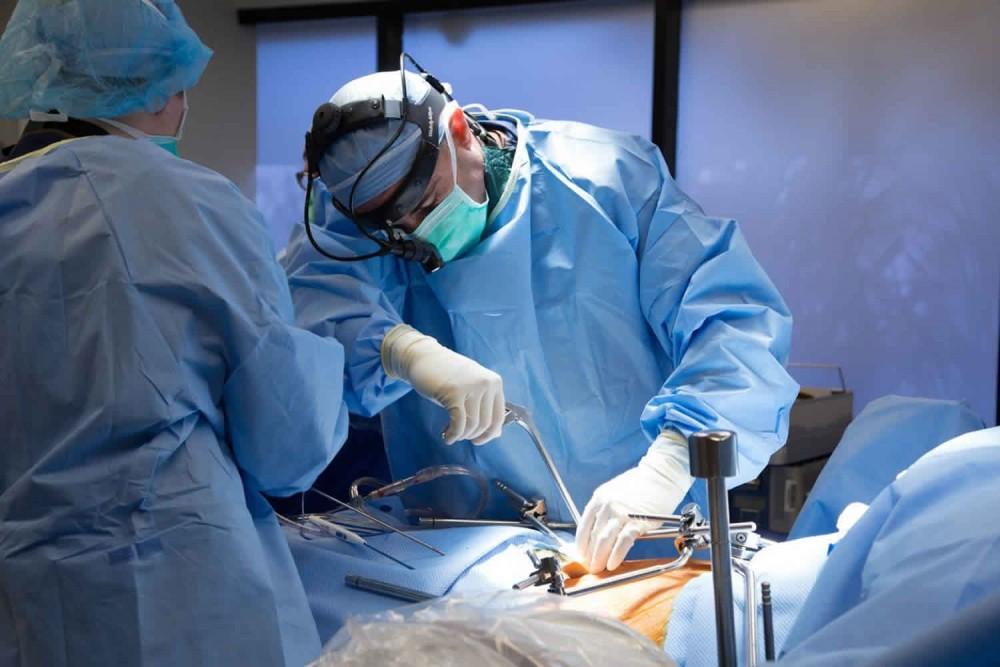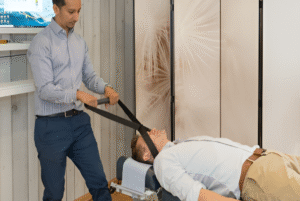Orthopaedic Surgery Recovery: What Adelaide Patients Should Know?
Recovering from orthopaedic surgery involves more than just rest. It requires the right planning, guidance from specialists, and steady effort...

Recovering from orthopaedic surgery involves more than just rest. It requires the right planning, guidance from specialists, and steady effort from the patient. Adelaide residents undergoing procedures such as joint replacements or fracture repairs can benefit from understanding what the recovery process looks like at each stage. From hospital discharge to home care and physiotherapy, being informed helps ease the process. This post shares practical advice based on recommendations from orthopaedic surgeons in Adelaide, SA for a smoother and safer recovery experience.
Planning for Recovery Starts Before Surgery
Preparing well helps patients recover more quickly and reduce the risk of complications. Doctors across Adelaide recommend making your home safe before surgery. Place everyday items within easy reach. Add support rails in the bathroom and keep your phone nearby at all times. Discuss medications with your surgeon, especially if you take blood thinners or have diabetes. A pre-surgery checklist can ease stress and help you feel more in control.
The First Few Days After Surgery Are Key
Knowing what to expect early on helps reduce confusion and uncertainty. After surgery, many patients stay in the hospital for a few nights. Physiotherapists usually visit within 24 hours to help with movement. The first steps may feel difficult, but early walking helps prevent blood clots and speeds up the healing process. Orthopaedic surgeons in Adelaide, SA, often use enhanced recovery plans that support faster mobility. These include early pain management, ice therapy, and supervised movement routines.
Pain Management and Comfort Tips
Pain control enables patients to stay active and recover more effectively. Adelaide-based recovery plans often include a combination of medications, cold compresses, and rest periods. Patients can use cushions to support their joints or elevate their legs for added comfort. Simple tips, such as staying ahead of pain (rather than waiting until it gets bad), work well.
Doctors also recommend eating light meals, staying hydrated, and avoiding constipation by engaging in regular physical activity, such as walking.
Physiotherapy Makes a Big Difference
Physio helps you rebuild strength and move properly again. Your recovery journey will involve regular visits to a physiotherapist. At first, sessions may focus on gentle exercises. With time, this progress has led to a balance of work and strength training. Many orthopaedic surgeons in Adelaide, SA, work closely with local physiotherapists to track patient recovery and make changes to rehab plans when needed.
Adelaide Resources That Support Recovery
Patients in SA have access to useful tools for smoother healing. Public and private hospitals in Adelaide offer rehabilitation support. Some patients use home physio services, while others attend clinics for weekly check-ins. Support groups can also be helpful, especially for individuals recovering from hip and knee surgery. Hospitals may also offer mobile apps or printed booklets that guide patients through each week.
Returning to Daily Life Takes Time
Healing happens slowly, but steady progress leads to success. After two weeks, most patients can move around the house independently. By the six-week mark, many return to light work or hobbies. High-impact activities, such as running or lifting heavy weights, usually require a few months of recovery. Every patient heals differently, and it’s important to follow your doctor’s advice on what your body can handle.
Watching for Warning Signs
Knowing when to call your doctor can prevent serious problems. If patients experience swelling that won’t subside, redness near the wound, or feel feverish, they should contact the clinic. Adelaide hospitals also recommend contacting your GP if movement feels worse instead of better. Most orthopaedic surgeons in Adelaide, SA, give patients clear signs to watch for. These may be written in a recovery folder or discussed during follow-ups.
Considering Other Surgeries? Know Your Options
Some patients explore other treatments after orthopaedic recovery. For example, vision care is a priority for older adults. Many people look into Laser eye surgery Adelaide after completing rehabilitation. Clearer vision supports better balance and reduces the risk of falls. It’s essential to book appointments with trusted specialists and have your eye health checked before making a decision.
Laser eye surgery in Adelaide is a popular option for individuals seeking to eliminate the need for glasses and enhance their daily lives.
Combining Movement and Vision for Better Health
Good mobility and sharp vision help people stay active and engaged. Patients often notice that once they recover from surgery, they also want to improve other areas of their health. Getting an eye check after joint surgery can help you stay independent. Many clinics offering laser eye surgery Adelaide also screen for signs of eye strain or age-related vision changes. Healthy eyes and strong joints work together to support an active lifestyle.
Conclusion
Recovering from orthopaedic surgery takes time, patience, and the right support. Adelaide patients can benefit from following structured rehab plans, staying active within limits, and reaching out to professionals when needed. Working closely with orthopaedic surgeons in Adelaide, SA, ensures that recovery stays on track. For those considering next steps, such as laser eye surgery Adelaide, improving vision can further support mobility and independence. Stay focused, take it one day at a time, and trust the process.



